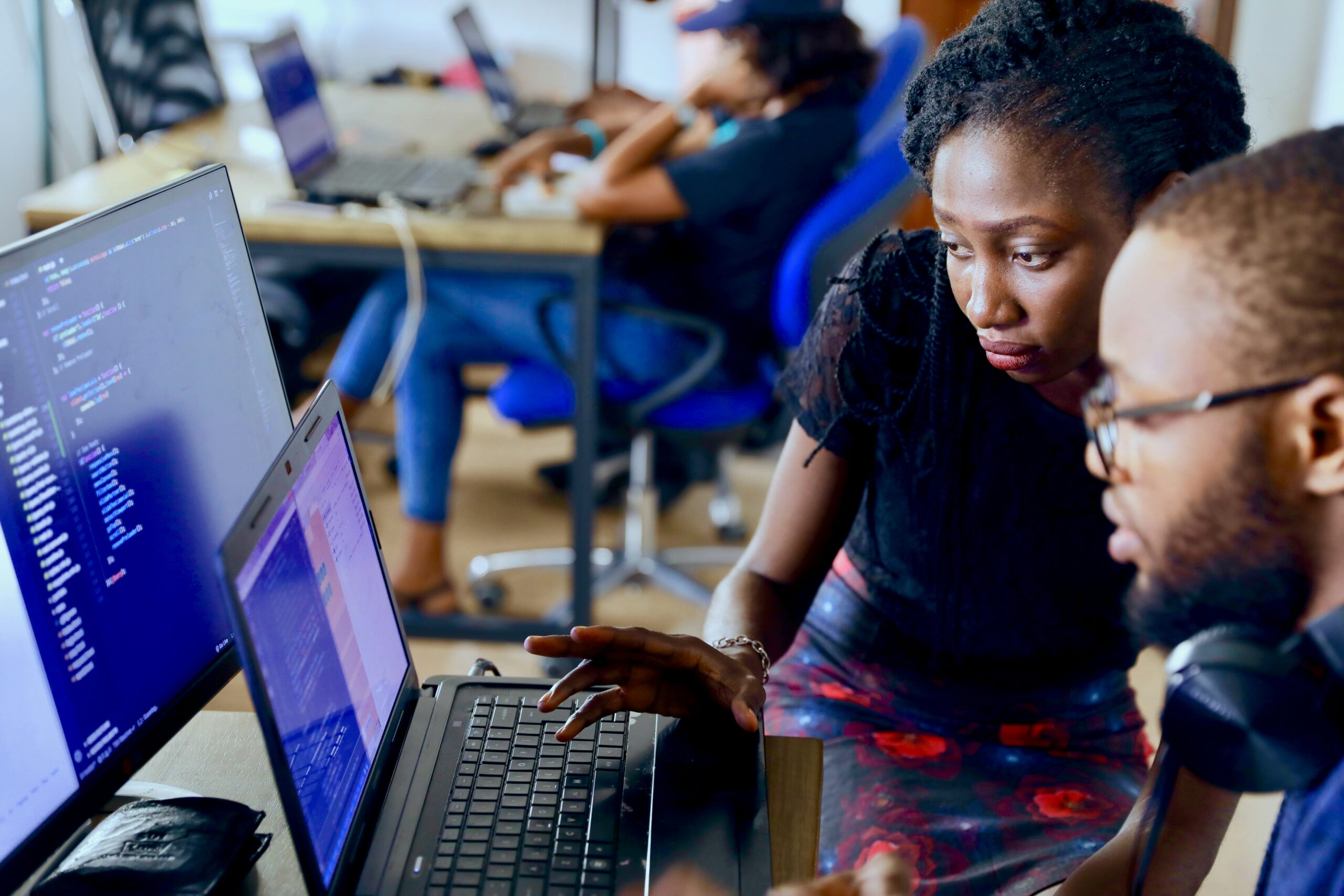Unlocking Africa’s Generative AI Potential: The Path to $103 Billion in Annual Value
Africa’s generative AI potential is enormous — but can it be realized?

Generative AI has rapidly become a transformative force across the globe and is slowly beginning to attract attention for its potential in Africa. According to a recent McKinsey & Company report, a whopping $103 billion of annual economic value could be created on the continent through the large-scale deployment of AI technologies.
There are countless stories of opportunity related to Africa’s generative AI potential-from intelligent logistics to personalized learning and retail efficiencies; however, turning opportunity into results will require a lot more effort than just hope.
Early Wins Fuel Optimism
In Kenya and South African markets, AI-facilitated pilots are promising.
For instance, Kenya has implemented generative AI in customizing educational content, while South African SMEs are pursuing AI applications for financial literacy and planning.
Where Africa has the most potential is evident in:
- Banking – $7.9B Potential: African banks utilize gen AI for hyper-personalized hyper marketing, say, for automated credit checks, or even for cracking legacy system codes in the areas of efficiency and customer service.
- Retail – $10.4B Potential: From AI-based shopping assistants to more straightforward checkout processes, gen AI is redesigning the e-commerce experience across Africa.
- Consumer Packaged Goods (CPG) – $8.9B Potential: Generative AI finds its uses in supply chain efficiency, the augmentation of consumer insights, and product conception acceleration across the fast-moving goods space in Africa.
- Telecommunications – $9.6B Potential: AI chatbot performance standards get improved, learning to manage complex customer queries and ways of improving network performance at the same time.
- Insurance – $3.2B Potential: South African insurers are big-time early adopters of gen AI, with services such as personalized financial advice, claims processing, and underwriting.
- Mining, Heavy Industry & Energy – $8.5B Potential: With predictive maintenance and real-time field guidance, AI increases safety, efficiency, and sustainability across these critical sectors.
- Public Sector – $4.8B Potential: Gen AI is revolutionizing access to healthcare and citizen services. In Uganda, AI-powered digital X-ray facilities are reaching out to underserved communities. In South Africa, gen AI is assisting with TB diagnosis, providing a scalable solution to the spread of public health crises.
These pilot projects reaffirm the fact that there is real generative AI potential across the continent; it is not merely theoretical.
Power and Connectivity: A Foundational Barrier
Despite all the excitement, it remains a fact that the generative AI potential in Africa continues to be limited by underdeveloped infrastructure. High-performance computing and cloud deployment require a constant supply of electricity and broadband connection – these basic resources are unavailable even for tens of millions on the continent.
There have been no digital transformations in rural and peri-urban zones. If this imbalance is not addressed, it will work against Africa’s generative AI potential, concentrating it in the hands of urban elites at the detriment of others, thus widening the digital divide.
Talent Gaps and Brain Drain
This is a stacking scenario as the demand for AI developers and data scientists is rising, yet the supply is declining. Africa nurtures promising tech talent, but such talent pool is absorbed either by multinational companies or lured away abroad.
Thus, to harness the generative potential of AI in Africa, countries need to invest in upskilling their people and in ensuring that such talent stays at home. Without this local pipeline of expertise, innovations will either stagnate or be led by foreign parties, thereby lessening the long-term sovereignty over the digital futures.
Policy and Public Trust Are Lagging
Governance and regulation are the weak points in the push for AI in Africa. Generative AI would pose risks related to misinformation, bias, and surveillance, among others; these must be addressed head-on. Only a strong legal framework could allow Africa’s generative AI potential to be realized ethically and sustainably.
Such efforts are taking place. Rwanda, Ghana, Kenya, and Nigeria have started policy-level conversations, and the African Union is putting together a continental framework. Until then, lack of regulatory alignment is going to cast a shadow of doubt over Africa’s generative laying down from the perspectives of investors and citizens.
The Informal Sector: The Unstructured Frontier
McKinsey’s projections generally consider formal economic sectors, but 80% of African jobs are embedded in the informal economy. These generative AI models mostly work with structured data, which this sector does not possess.
To grab the whole potential of Africa’s generative AI, the governments with technology partners must evolve the informal market into a digital one-ranging all the way from street vendors to smallholder farmers. This will create both data and demand.
Balancing Hope with Reality
An optimistic target sum to fixate on is the $103B. Africa’s generative AI potential is nevertheless, an exciting thought. Yet, without infrastructure, talent, or trust, that possibility remains a very far-away dream.
Africa must itself lead the AI future by creating inclusive tools, investing in people, and ensuring that the benefits are equitably distributed. The right intervention will enable the generative AI opportunity in Africa to restructure economies and empower a new generation of digital natives.
A long road lies ahead for actualizing Africa’s generative AI potential, but it is not insurmountable. With planning, investment, and leadership, the continent can go from a passive consumer of technology to an active innovator in AI.
Follow us on WhatsApp, Telegram, Twitter, and Facebook, or subscribe to our weekly newsletter to ensure you don’t miss out on any future updates. Send tips to editorial@techtrendsmedia.co.ke


